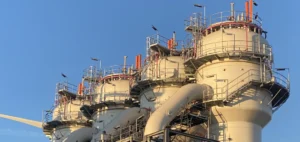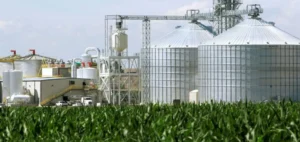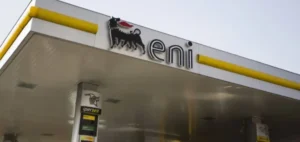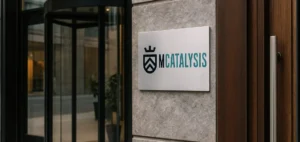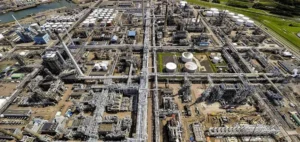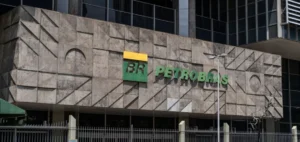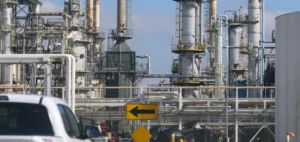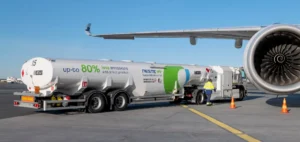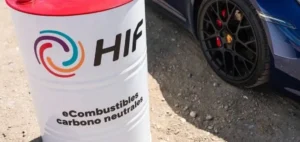Platts, a division of S&P Global Commodity Insights, announced the launch of new price assessments for low-carbon marine methanol (MMF) in Shanghai and Rotterdam as of May 2. These are the first such assessments for China, following similar indicators introduced in Singapore in 2024. The initiative aims to strengthen price transparency in the emerging low-emission marine fuels sector.
A first for mainland China
Shanghai, the world’s busiest container port by volume, is becoming a strategic anchor for low-carbon methanol trade. According to S&P Global Commodity Insights Analytics, China is expected to have a combined biomethanol and e-methanol production capacity of 200,000 tonnes per year in 2025, projected to rise to 1.5 mn tonnes annually by 2028. The first spot trading of domestically produced molecules is anticipated by mid-2025.
The new Platts assessments include “Low-carbon methanol FOB Shanghai” and “Low-carbon methanol marine fuel Delivered Shanghai”. These benchmarks are intended to help shipowners, methanol producers and bunker operators make informed commercial decisions in a shifting regulatory landscape.
Rotterdam’s position reinforced
Rotterdam, Europe’s largest port and a key hub for marine fuel bunkering, now hosts two additional Platts assessments: “Low-carbon methanol marine fuel Delivered Rotterdam”, listed in $/tonne and €/tonne. Since 2022, the port has been part of the “Green and Digital Shipping Corridor” with Singapore, a bilateral initiative targeting a minimum 20% emissions reduction on the 15,000-kilometre route linking both ports by 2030.
Low-carbon methanol, supported by the European FuelEU Maritime regulation, must contribute to a 2% reduction in greenhouse gas intensity from 2025, with incremental targets rising to 80% by 2050. These price points allow investors and operators to more accurately incorporate alternative fuel costs into their financial models.
Global regulatory landscape
The Marine Environment Protection Committee (MEPC) of the International Maritime Organization (IMO) approved in April a plan to penalise ship emissions of greenhouse gases from 2028 onwards. This development, combined with support from port authorities and governments, boosts potential demand for low-carbon fuels, with methanol among the most advanced alternatives in terms of sustainability documentation.
Esther Ng, Global Methanol Pricing Lead at Platts, said, “These assessments aim to provide essential price transparency for trading and investment decisions in a maritime transition context.” Olivier Maronneaud, Global Research Lead for Methanol and Plastic Circularity, added that “market liquidity in this segment is expected to increase in the coming months and years.”





